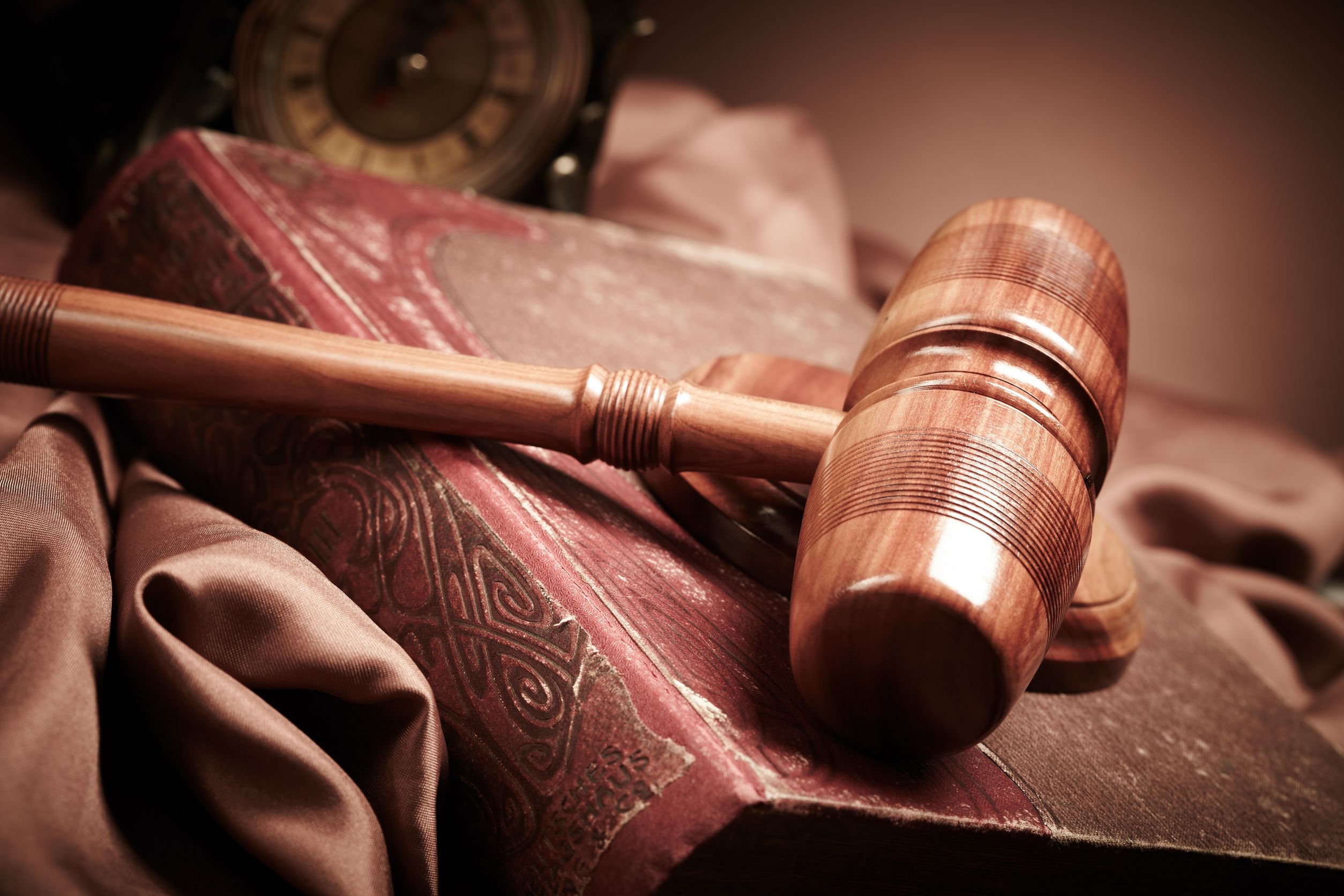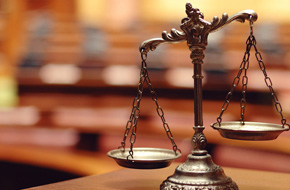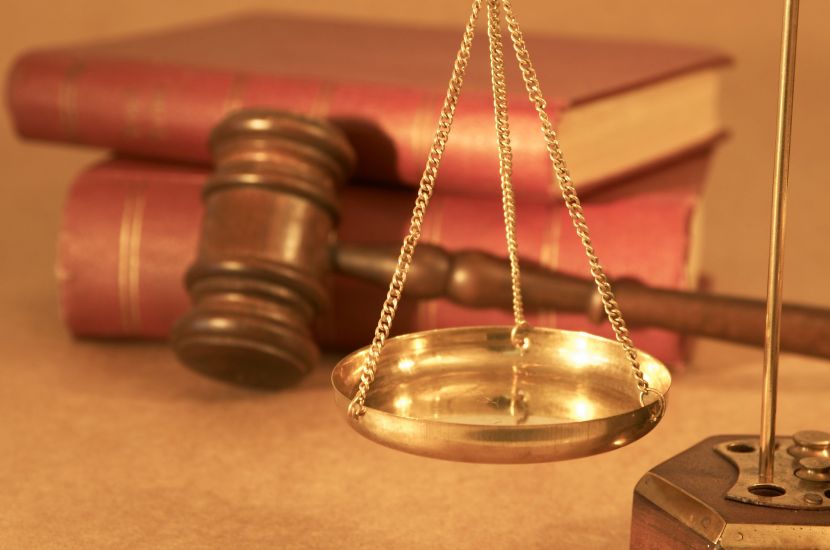In these hard economic times, many have found it hard to stay current on all their debts. With many people still unemployed or underemployed, just trying to keep a roof over their heads may be a challenge. According to the Administrative Office of the U.S. Courts, in fiscal year 2012 there were 1,261,140 bankruptcy cases filed. In that number, only 42,008 were business related fillings. The remaining 96% were mostly personal or consumer debt related bankruptcies. Credit card debts, medical bills, foreclosures, car repossessions and lawsuits are just a few of the debts that can be discharged through a bankruptcy. When debts become overwhelming, a bankruptcy lawyer In Reading Pa can help individuals decide if bankruptcy is right for them.
When choosing to file for bankruptcy, there are few things consider. Some debts cannot be discharged through a bankruptcy. Child support and alimony cannot be included in a bankruptcy. Student loans are usually not allowed in bankruptcy cases as well. There are circumstances were private student loans may be discharged but the individual would have to prove extreme hardship, such as a permanent disability. Even then, it can be incredibly difficult and requires a separate filing. In the Code of Laws of the United States of America, under the Bankruptcy Code there are six different types of bankruptcies. These types are: Chapter 7, Chapter 9, Chapter 11, Chapter 12, Chapter 13 and Chapter 15. The most common types filed for individuals involving personal and consumer debt is Chapter 7 and Chapter 13. A bankruptcy lawyer in Reading PA is familiar with the multiple chapters of the Bankruptcy Code.
Chapter 7 allows individuals and businesses to have their debts completely discharged by liquidating all non-exempt assets. A court appointed trustee meets with the debtor to review their financial statements and other relevant information. Non-exempt assets are sold and the trustee gives the creditors the proceeds. Any remaining debt balances are discharged once the transaction is complete.
Chapter 13 allows working debtors to rehabilitate their debts through a court approved repayment plan. Once the plan is successfully completed, the remaining debts are discharged if not paid in full. Consult your bankruptcy lawyer In Reading Pa for more information on going forward with a bankruptcy.


